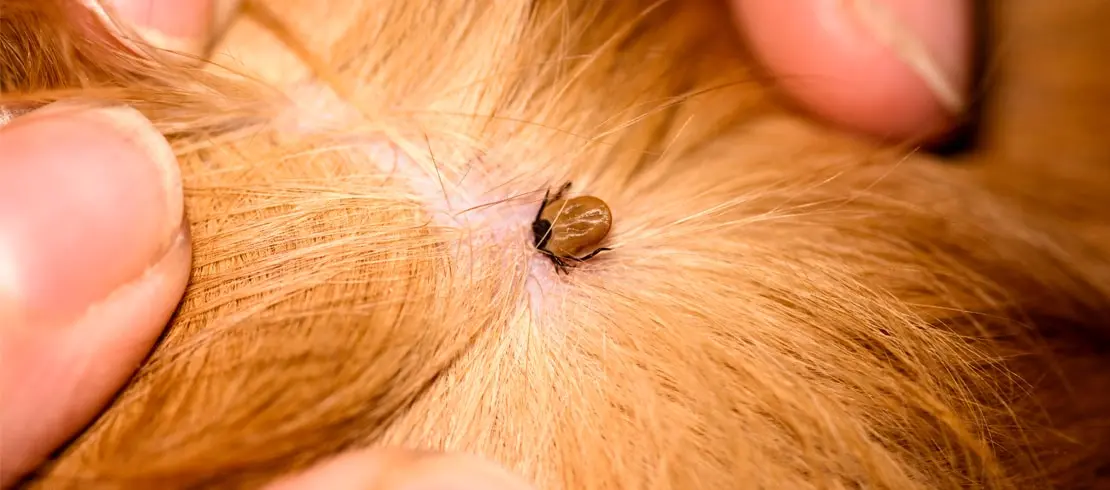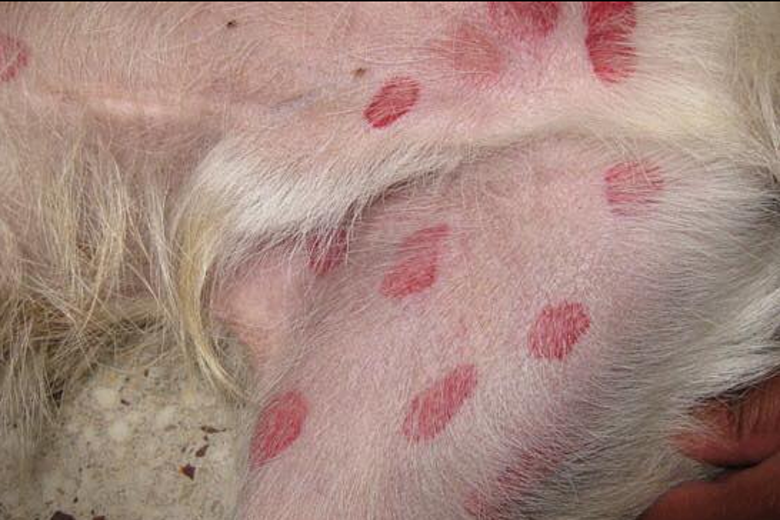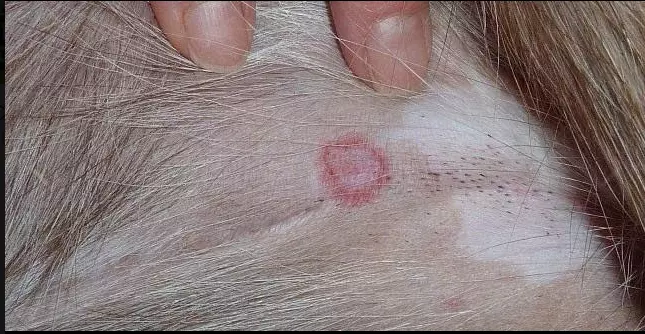3 Things to Know About Spring Wellness Care for Your Pet
- Vetr Health Team

- May 22, 2025
- 2 min read
Spring is a popular time for pet wellness care — and for good reason. Warmer weather means more time outdoors, increased parasite activity, and seasonal health issues that can affect even the healthiest pets.
Whether your pet is due for an annual check-up or you're just getting back into a wellness routine, here are three key things to know this time of year:
1. Vaccines and Annual Diagnostics Keep Your Pet Protected
Annual wellness exams are essential for keeping your pet healthy and catching issues early. A typical visit should include:
A physical exam
Core vaccinations (like rabies, distemper, and leptospirosis)
Routine diagnostics like bloodwork, fecal testing, and a heartworm test
These tools help identify underlying conditions before symptoms appear — making treatment easier and more effective. If your pet is due for vaccines or hasn’t had recent lab work, spring is a great time to get back on track.
2. Flea, Tick & Heartworm Prevention Matters More Than Ever
As temperatures rise, so do the risks from parasites.
Fleas and ticks can transmit diseases like Lyme, ehrlichiosis, and even tapeworms (fleas are one of the most common carriers).
Mosquitoes — more common in spring and summer — spread heartworm disease.
While year-round prevention is ideal, pets are especially vulnerable during the warmer months. Your vet can help tailor a prevention plan based on your pet’s age, lifestyle, and medical history.
Pro tip: Heartworm prevention and flea/tick medications aren’t always combined — be sure your pet is protected on all fronts.
Vetr tip: If you can’t see legs, it’s not a tick. It’s a common misconception that ticks burrow completely into your pet’s skin — but they don’t. You’ll always see legs (though you might need a magnifying glass to spot them). If you do find a tick, use a tick removal tool to remove it promptly and safely.
3. Black Fly Bites Are Common — and Usually Harmless
If you notice red or purple circular marks on your dog’s belly or ears after time outside, it may be black fly bites. These are common in the spring, especially in wooded or marshy areas.
The good news: they’re not dangerous and typically don’t require treatment. Avoid putting ointments or sprays on the bites unless advised by your veterinarian — most will fade on their own within a few days.
Here's what they look like:
Wellness, Delivered.
At Vetr Health, we bring expert veterinary care to your home — so your pet can get their annual vaccines, diagnostics, and parasite prevention in a calm, familiar environment.
All core vaccines and routine diagnostics are included in our membership.
Just need a one-time visit? We offer the same high-quality care without a membership, too.
Spring is here — is your pet ready? Book your in-home wellness appointment at vetrhealth.com today.




















Comments